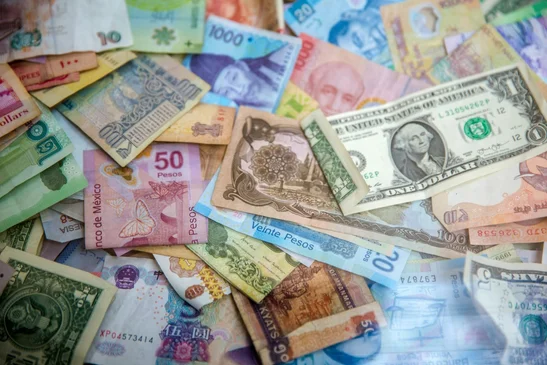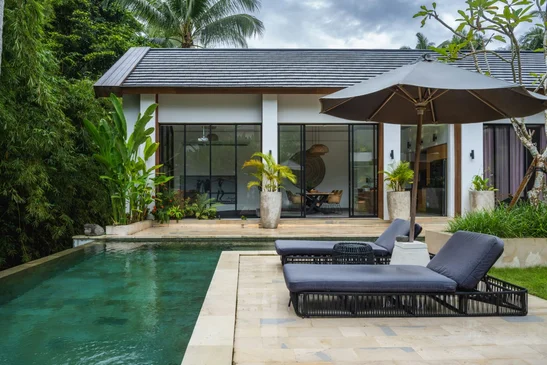Thailand is an attractive tax haven for investors wanting to pay comparatively low tax rates on their investments. At Home In Phuket has compiled a mini-guide that covers the most commonplace fees to expect when purchasing a home in Phuket. All taxes are governed by The Revenue Department of Thailand.
There are various ownership opportunities available for foreigners buying within the Kingdom.
It is wise to note that all agreements are prepared in Thai; the script should be translated into the language of the non-Thai parties.
Freehold
The Condominium Act B.E. 2522 (1979), affords foreigners to have freehold ownership of a condominium unit as well as property co-ownership of common areas. This is currently the best form of tenure available to foreigners. Lawyers must check the foreign ownership quota before a purchase is made.
Leasehold
Foreigner ownership of a 30-year lease for a condominium or freehold land must be registered with the Land Department. The land is a leasehold tenure; foreigners can own buildings or structures on that land for the duration of the lease. The lease term can be renewed according to Thai law.
Section 538 of the Thai Civil and Commercial Code specifies that any land lease that is over three years must be registered at the Land Registry Office; the registration fee is 1% of the absolute sum of the entire term of the lease agreement. This fee can be borne equally by the lessor and lessee upon mutual agreement.
Stamp Duty for leasehold properties is payable at the duty rate of 1 Baht for every 1,000 Baht of the total rental fee over the term of the lease agreement.

Property tax | Credit: Watchara Ritjan on Shutterstock
Taxation
Taxation in Thailand is complicated, and there are tax liabilities when buying or selling a property. It’s essential to understand these liabilities before purchase.
Transfer Fees
The transfer fee is based on the official valuation of the property - the Sale and Purchase Agreement states who is responsible for the 2% fee. The transfer fee is payable at the Land Registry Office on the day that the ownership is transferred.
Specific Business Tax
Some businesses are exempt from paying VAT; instead, they are liable for Specific Business Tax (SBT). Earnings from real estate sales fall into this bracket. This business tax is payable by individuals that sell properties that they have owned for less than five years. The tax rate is 3.3% (including municipal tax) of the selling price or the official valuation of the property, whichever is higher.
In the case of purchasing land, where SBT does not apply, then stamp duty is payable. Both the buyer and seller are subject to pay 0.5% duty based on the official valuation or contracted sale price, whichever is higher.
Specific Business Tax does not have to be paid if:
- If the property is transferred to an heir in a will
- If the property is transferred to a rightful child
- If possession of the property is more than five years
- The property is transferred to a Thai Government Agency or place of religious worship
Withholding Tax (WHT)
Withholding tax is calculated at 1% of the Land Departments official valuation or the contracted sales price, whichever is greater. The withholding tax under the Revenue Code of Thailand is only applicable if the seller is a company; thus meaning an individual who earns an income from selling properties. The tax is calculated at an increasing rate which is based on the official valuation of the property. Any deductions are relational to the number of years of possession.
Tax/Fee | Rate | Duty |
|---|---|---|
| Transfer Fee | 2% | Buyer or shared |
| Specific Business Tax | 3.3% | Seller |
| Stamp Duty | 0.5% | Seller |
| Withholding Tax | 1% or progressive rate | Seller |
Please note that this is only intended as a guide; legal representation is recommended.



















